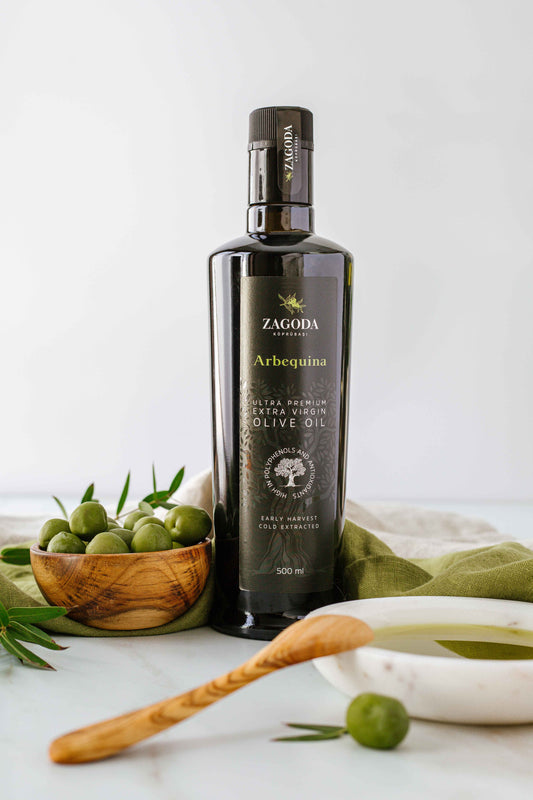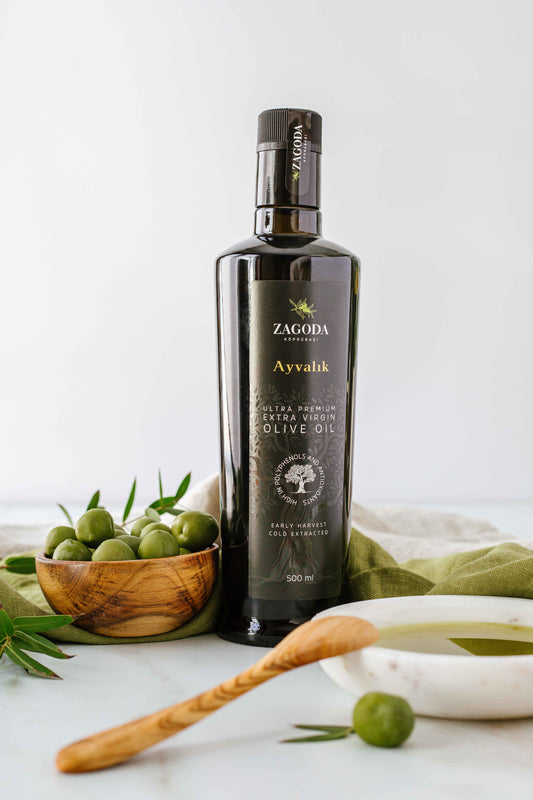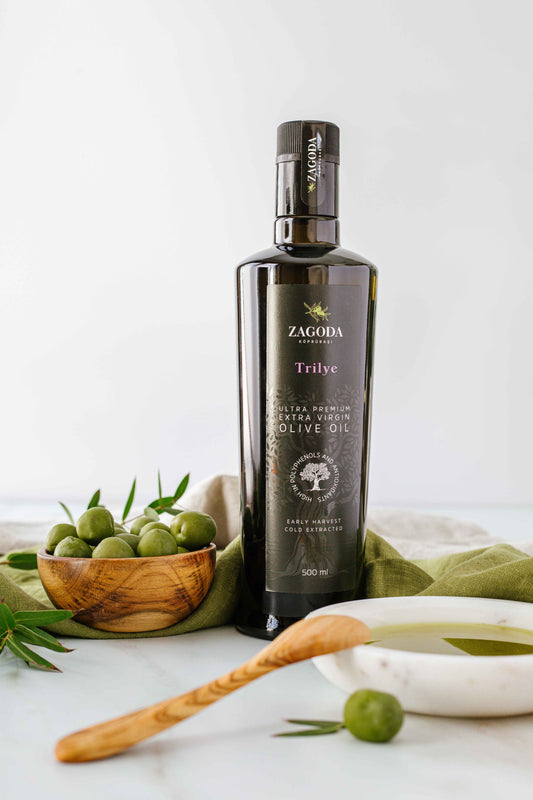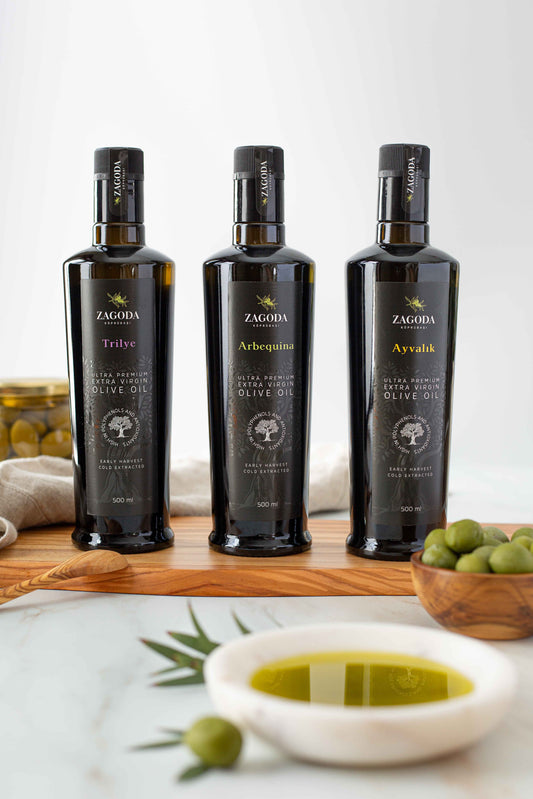Are you tired of dealing with dry, dull skin? Do you long for a natural and rejuvenating way to revitalize your skin? Look no further than an extra virgin olive oil bath benefits. For centuries, olive oil has been used as a beauty secret, cherished for its nourishing and moisturizing properties.
Discover the incredible extra virgin olive oil bath benefits and revitalize your skin. Try incorporating extra virgin olive oil into your bathing routine and experience the nourishing and moisturizing effects firsthand. Say goodbye to dry, dull skin and hello to a radiant complexion. Treat yourself to the ultimate self-care ritual with our extra virgin olive oil bath today.
In this article, we will explore the extra virgin olive oil bath benefits, how much olive oil you should use, and the amazing benefits it can have on your skin.
The Extra Virgin Olive Oil Bath Benefits
When it comes to skincare, olive oil is a true superstar. It is packed with antioxidants, vitamins, and fatty acids that can do wonders for your skin. By adding just a few tablespoons of extra virgin olive oil to your bath water, you can experience a extra virgin olive oil bath benefits.
Firstly, olive oil is a natural moisturizer that can deeply hydrate your skin, leaving it soft, supple, and radiant. It can also help soothe and calm irritated skin, making it perfect for those with sensitive skin or conditions like eczema or psoriasis.
Additionally, olive oil is rich in anti-aging properties. It can help reduce the appearance of fine lines and wrinkles, promote skin elasticity, and improve overall skin texture. The antioxidants in olive oil can also protect your skin from free radicals and environmental damage, keeping it youthful and healthy-looking.
Furthermore, olive oil has anti-inflammatory properties that can help reduce redness and inflammation, making it ideal for soothing sunburns or other skin irritations.
How much olive oil should you put in your bath?
Now that you know the incredible benefits of adding olive oil to your bath water, you might be wondering how much olive oil you should use. The amount of olive oil you should add to your bath depends on your personal preference and the condition of your skin.
As a general guideline, 1/4 to 1/2 cup of extra virgin olive oil is a good starting point. However, you can adjust the amount based on how moisturized you want your skin to feel. If you have extremely dry skin, you can use a bit more olive oil. Experiment with different amounts to find the perfect balance for your skin's needs.
Olive oil bath benefits for skin
Olive oil baths offer a multitude of benefits for your skin. Whether you have dry, sensitive, or aging skin, incorporating olive oil into your bathing routine can work wonders. Let's explore some of the specific benefits that olive oil baths can provide for your skin.
Olive oil bath for dry skin
Dry skin can be a constant struggle, especially during harsh weather conditions or colder months. Fortunately, an olive oil bath can be a game-changer for those with dry skin.
The moisturizing properties of olive oil can deeply penetrate the skin, replenishing lost moisture and preventing further dehydration. By soaking in an olive oil bath, you can say goodbye to dry, flaky skin and hello to a smooth and hydrated complexion.
Regular olive oil baths can also help restore your skin's natural barrier function, keeping moisture locked in and protecting it from external aggressors.
The spiritual meaning of bathing with olive oil
Bathing with olive oil not only nurtures your physical body but also carries a spiritual significance. Olive oil has been revered in ancient cultures for its symbolic and spiritual properties. It is often associated with purity, abundance, and divine blessings.
Incorporating olive oil into your bathing ritual can be a way to connect with these deeper meanings. As you immerse yourself in the warm embrace of an olive oil bath, you can create a sacred space for self-care and reflection.
Allow the soothing properties of olive oil to nourish your body and uplift your spirit, bringing a sense of tranquility and renewal to your bathing experience.
Preparing for an olive oil bath
Before you indulge in an olive oil bath, it's important to properly prepare yourself and your bathing area. Start by gathering all the essentials you'll need, including a towel, a soft sponge or loofah, and a bathrobe.
Ensure that your bathroom is clean and free from any clutter. Fill your bathtub with warm water, making sure it is at a comfortable temperature for you. While the tub is filling, take a moment to relax and unwind.
You can light candles, play soothing music, or incorporate other elements that promote a calming ambiance. Once the tub is ready, you can proceed to add the olive oil to your bath water.
Applying olive oil before a bath: Benefits and precautions
In addition to adding olive oil to your bath water, you can also apply it directly to your skin before taking a bath. This can provide extra nourishment and hydration, especially if you have particularly dry or rough skin.
Before stepping into the bath, massage a small amount of olive oil onto your body, paying attention to areas that need extra care. Allow the oil to absorb into your skin for a few minutes before you immerse yourself in the bath.
This method helps create a protective barrier on your skin, preventing moisture loss and maximizing the benefits of the olive oil bath. However, it's important to note that applying olive oil directly to your skin can make the tub slippery, so use caution and be mindful of your safety.
What to avoid after an oil bath
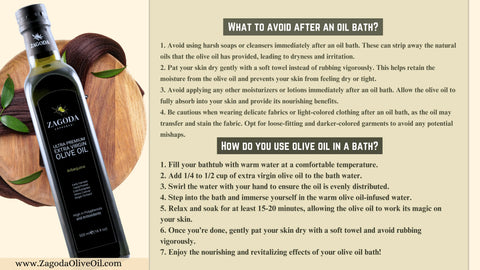
After indulging in an olive oil bath, it's important to take certain precautions to ensure optimal results and avoid any potential issues. Here are some things to keep in mind:
- Avoid using harsh soaps or cleansers immediately after an oil bath. These can strip away the natural oils that the olive oil has provided, leading to dryness and irritation.
- Pat your skin dry gently with a soft towel instead of rubbing vigorously. This helps retain the moisture from the olive oil and prevents your skin from feeling dry or tight.
- Avoid applying any other moisturizers or lotions immediately after an oil bath. Allow the olive oil to fully absorb into your skin and provide its nourishing benefits.
- Be cautious when wearing delicate fabrics or light-colored clothing after an oil bath, as the oil may transfer and stain the fabric. Opt for loose-fitting and darker-colored garments to avoid any potential mishaps.
When should you not take an oil bath?
While olive oil baths offer numerous benefits, there are certain situations when it is best to avoid them. If you have any open wounds, cuts, or infections on your skin, it's advisable to skip the oil bath until the area has healed. The oil may aggravate the condition and hinder the healing process. Additionally, if you have a known allergy or sensitivity to olive oil, it's important to avoid using it in your bath. Always listen to your body and consult with a healthcare professional if you have any concerns or underlying skin conditions.
How do you use olive oil in a bath?
Using olive oil in a bath is simple and straightforward. Here's a step-by-step guide to incorporating olive oil into your bathing routine:
- Fill your bathtub with warm water at a comfortable temperature.
- Add 1/4 to 1/2 cup of extra virgin olive oil to the bath water.
- Swirl the water with your hand to ensure the oil is evenly distributed.
- Step into the bath and immerse yourself in the warm olive oil-infused water.
- Relax and soak for at least 15-20 minutes, allowing the olive oil to work its magic on your skin.
- Once you're done, gently pat your skin dry with a soft towel and avoid rubbing vigorously.
- Enjoy the nourishing and revitalizing effects of your olive oil bath!
Is it good to take an oil bath at night?
Taking an oil bath at night can be incredibly beneficial, especially if you're looking to unwind and relax before bedtime. The warm water and soothing properties of olive oil can help calm your mind and prepare your body for a restful sleep.
The moisturizing effects of olive oil can also work overnight, leaving your skin hydrated and rejuvenated by morning. Additionally, the spiritual significance of bathing with olive oil can create a sense of tranquility and promote a peaceful mindset before sleep.
So go ahead and treat yourself to an indulgent olive oil bath as part of your evening self-care routine.
Is olive oil bath good for skin?
Absolutely! Olive oil baths are excellent for your skin. The nourishing properties of olive oil can deeply moisturize and hydrate your skin, leaving it soft, supple, and glowing.
The antioxidants and anti-aging properties of olive oil can help reduce the appearance of fine lines and wrinkles, improve skin texture, and protect against environmental damage. Olive oil baths are particularly beneficial for those with dry, sensitive, or aging skin.
By incorporating olive oil into your bathing routine, you can enjoy the multitude of benefits it provides for your skin's health and radiance.
Which oil is best for an oil bath?
While olive oil is a popular choice for an oil bath, there are other oils that can also offer great benefits for your skin. Here are a few alternatives to consider:
-
Coconut oil:
Known for its moisturizing and antibacterial properties, coconut oil can leave your skin feeling soft and nourished. It has a pleasant aroma and can help soothe dry or irritated skin. -
Jojoba oil:
Jojoba oil closely resembles the natural oils produced by our skin, making it an excellent moisturizer. It absorbs quickly, leaving your skin feeling hydrated without a greasy residue. -
Almond oil:
Almond oil is rich in vitamin E, which can help protect your skin from free radicals and promote a youthful complexion. It is lightweight and easily absorbed, making it suitable for all skin types. -
Avocado oil:
Avocado oil is packed with essential fatty acids and vitamins that can deeply nourish and hydrate your skin. It has a thick consistency and is particularly beneficial for dry or mature skin.
Experiment with different oils to find the one that suits your skin's needs and preferences. Each oil has its own unique properties and benefits, so don't be afraid to explore and discover what works best for you.
Should I shower after an oil bath?
It is not necessary to shower immediately after an oil bath. In fact, it is recommended to allow the oil to fully absorb into your skin and provide its moisturizing benefits.
However, if you feel the need to rinse off or remove excess oil, you can take a quick lukewarm shower. Avoid using harsh soaps or cleansers, as they can strip away the natural oils from your skin.
Instead, opt for a gentle, sulfate-free body wash or simply rinse with water. After your shower, pat your skin dry with a soft towel and avoid rubbing vigorously. This helps retain the moisture from the oil and keeps your skin feeling hydrated and nourished.
Conclusion: Revitalize your skin with an olive oil bath
In conclusion, an olive oil bath is a luxurious and effective way to revitalize your skin. By adding olive oil to your bath water or applying it directly to your skin, you can experience the numerous benefits it offers.
From deeply moisturizing and nourishing your skin to reducing the signs of aging and promoting a healthy complexion, olive oil is truly a skincare powerhouse. Take the time to indulge in an olive oil bath and create a sacred space for self-care and rejuvenation.
Your skin will thank you for the nourishing and hydrating effects of this ancient beauty secret. So go ahead, draw a warm bath, add some extra virgin olive oil, and treat yourself to a truly revitalizing experience. Your skin deserves it.


